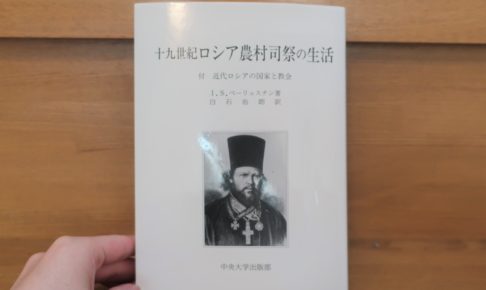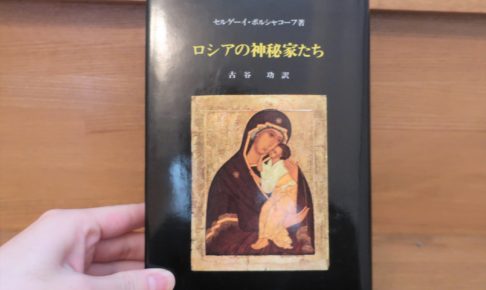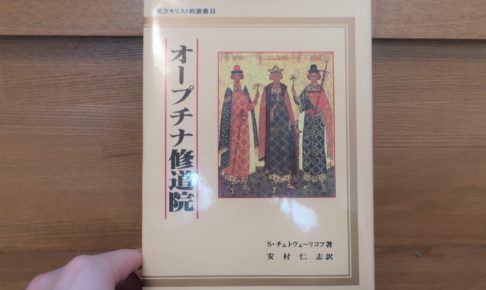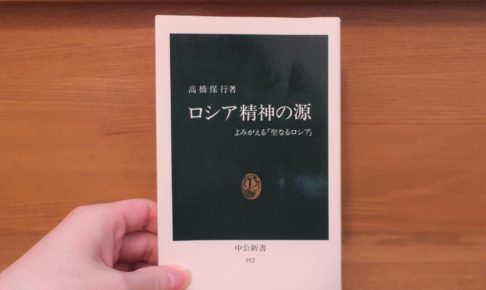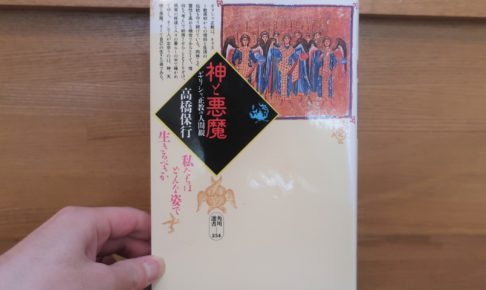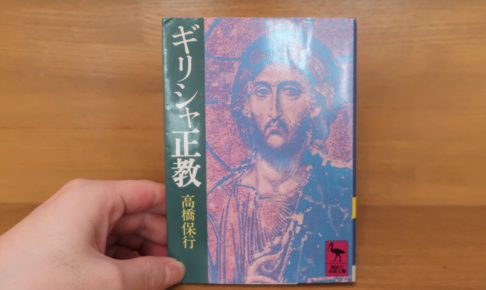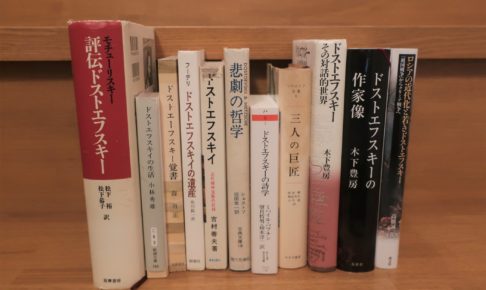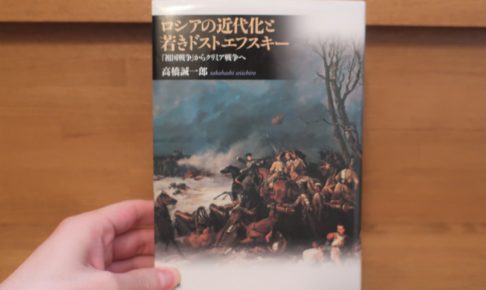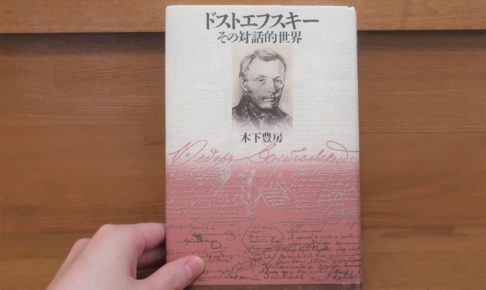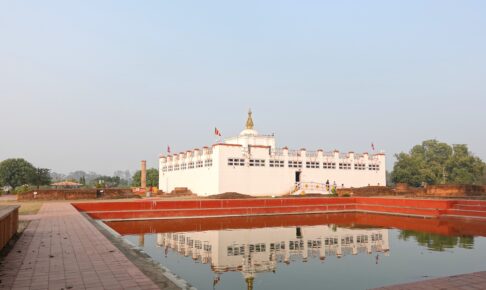P. Fokin, "'The Brothers Karamazov' from Dostoevsky's 'Confession of Faith'" from Iwanami Shoten, Shiso, June 2020.
The author, F. Fokin, was born in Kaliningrad in 1965, graduated from Kaliningrad University, and is currently a researcher at the Russian State Literary Museum and head of the Moscow Dostoevsky Museum.
The paper is unique in that it views Dostoevsky's last work, The Brothers Karamazov, as a confession of faith by Dostoevsky.













